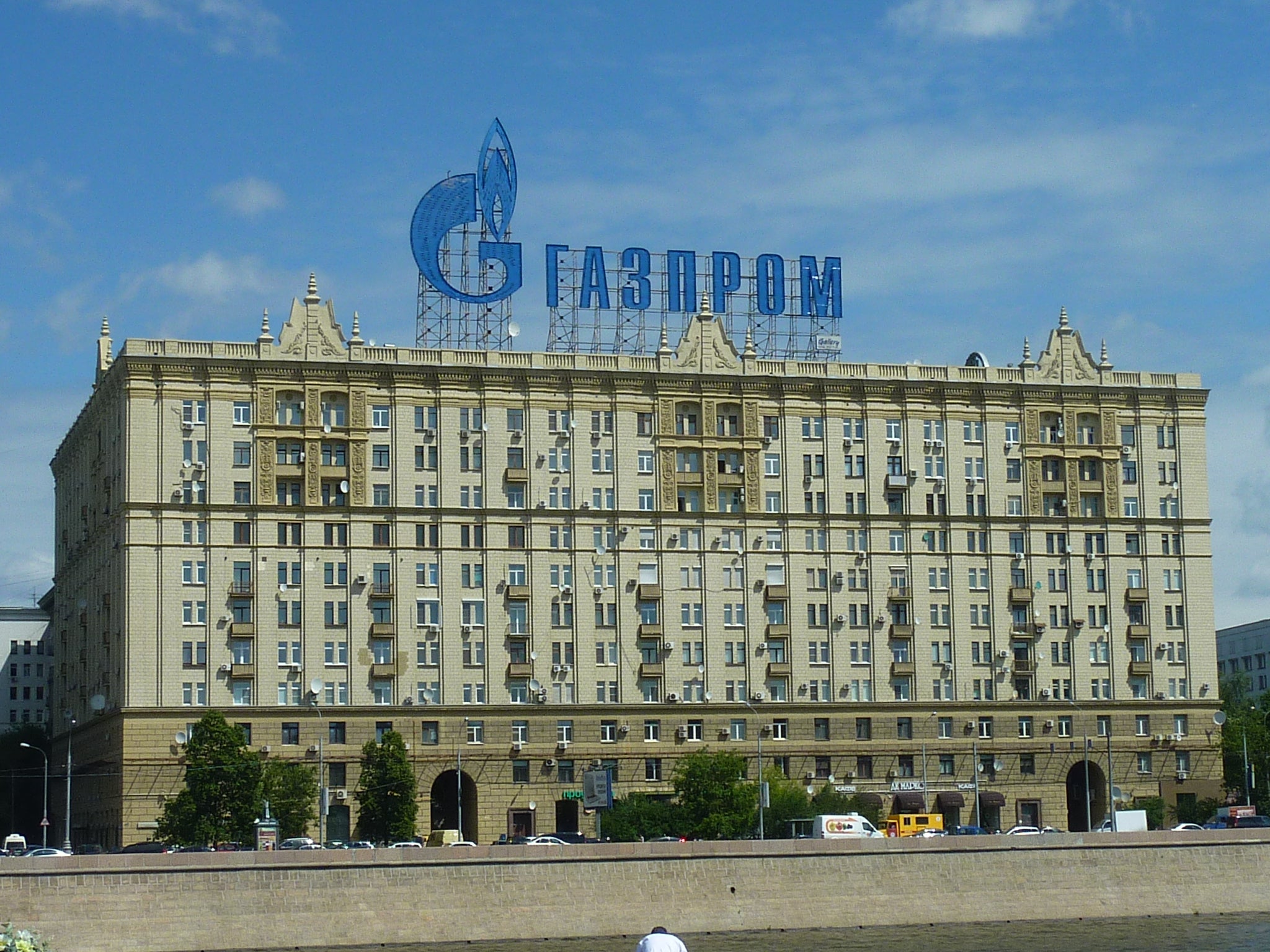
Hungary’s foreign minister Peter Szijjarto has confirmed a 15-year deal with Russian authorities for natural gas. The new deal bypasses Ukrainian pipelines, which are currently key to Gazprom‘s infrastructure.
The new deal will take effect in October, after the current deal agreed in 1995 ends. Szijjarto said he found the agreed price in the new deal “much more favourable”, though he did not provide figures.
How well do you really know your competitors?
Access the most comprehensive Company Profiles on the market, powered by GlobalData. Save hours of research. Gain competitive edge.

Thank you!
Your download email will arrive shortly
Not ready to buy yet? Download a free sample
We are confident about the unique quality of our Company Profiles. However, we want you to make the most beneficial decision for your business, so we offer a free sample that you can download by submitting the below form
By GlobalDataUnder the new deal, Gazprom will ship 3.5 billion cubic metres of gas via Serbia, and 1 billion cubic metres via Austria. This marks a 7% increase on the 4.2 billion cubic metres Hungary used last year.
The current deal relies on Ukrainian pipelines connected directly to Russia refineries. Since the signing of this deal, Russia and Hungary have both expanded their international gas interconnectors, giving more trade options.
Ukrainian officials have recently voiced fears that Russia would use the Nord Stream 2 pipeline to decrease the flow of gas through the country. Ukraine currently derives more than $3bn in transit fees from gas flowing through its borders. The new deal may signal the start of large gas export growth to central Europe, or a redirection of existing gas flows. However, Ukrainian officials may interpret the deal as Russian reluctance to further invest in Ukrainian infrastructure.
Geopolitical analysts have said that Hungarian prime minster Viktor Orban’s favour for Russia might have influenced the deal. Orban has repeatedly supported the end of EU sanctions on Russia, while blocking several key EU climate votes.
The two countries have also started collaborating on the construction of the Paks 2 nuclear plant in Hungary. Last week Russian foreign minister Sergey Lavrov said negotiations continued with “no grounds for any issues to arise”.




